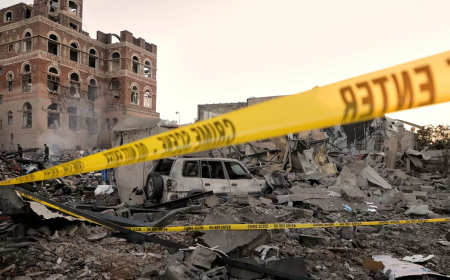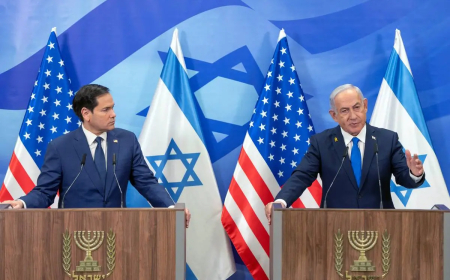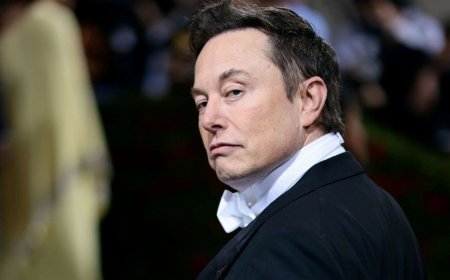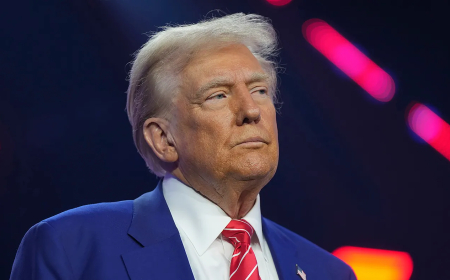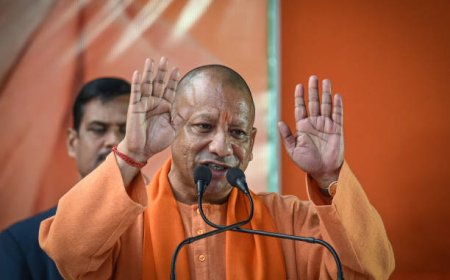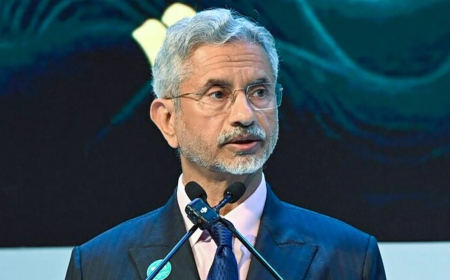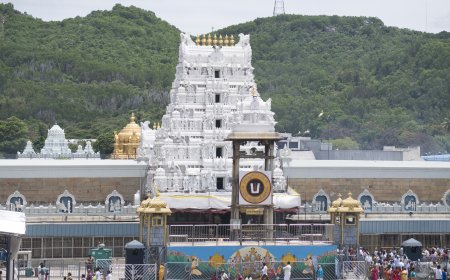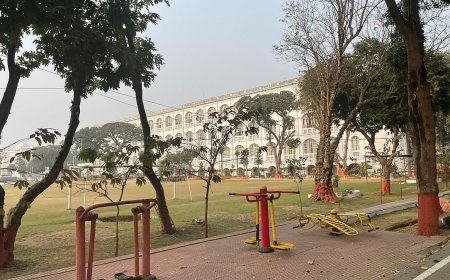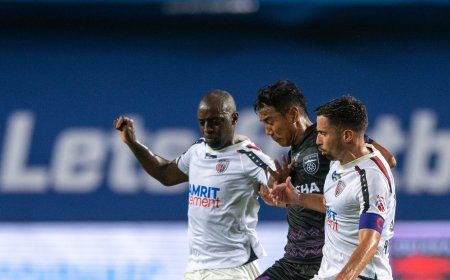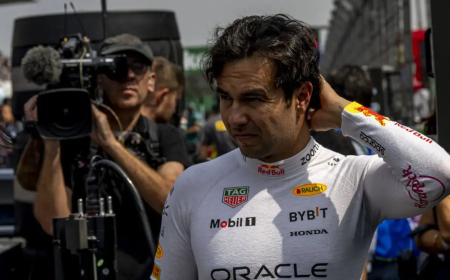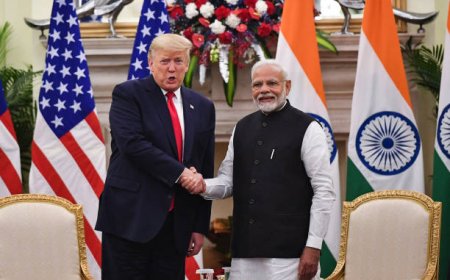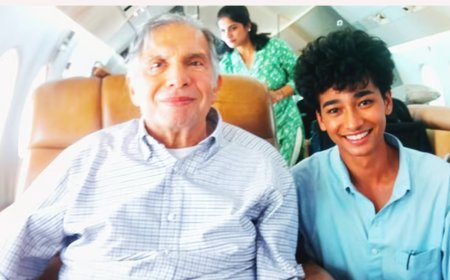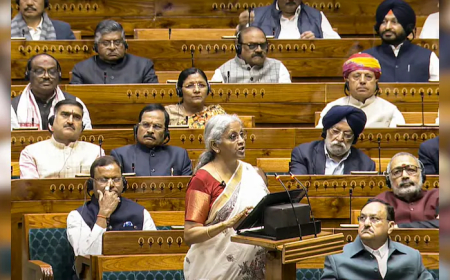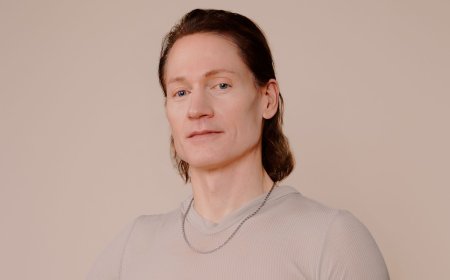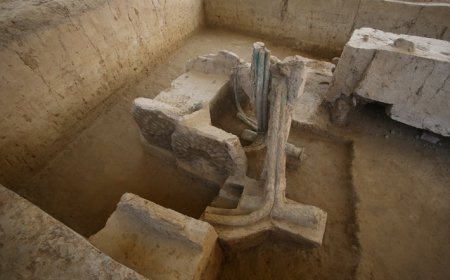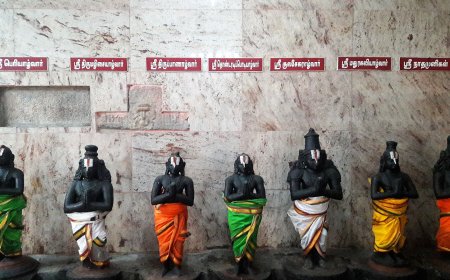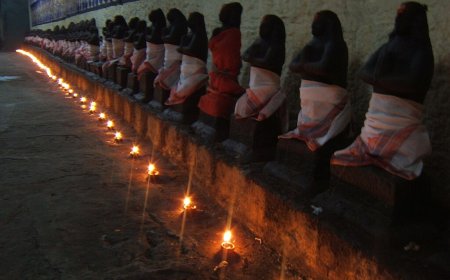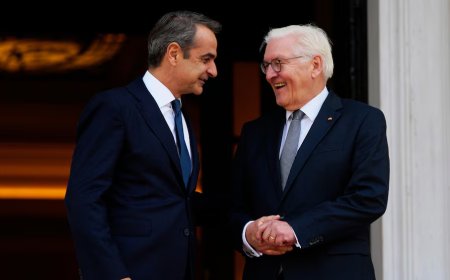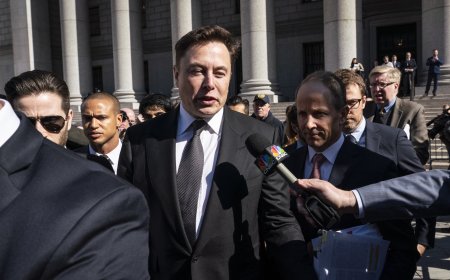Hezbollah's New Chief Qassem Commits to Nasrallah’s Military Agenda
In his inaugural speech, Naim Qassem, the new leader of Hezbollah, vowed to uphold the military strategy of his predecessor, Hassan Nasrallah. He emphasized the organization's independence and resilience in the face of challenges.
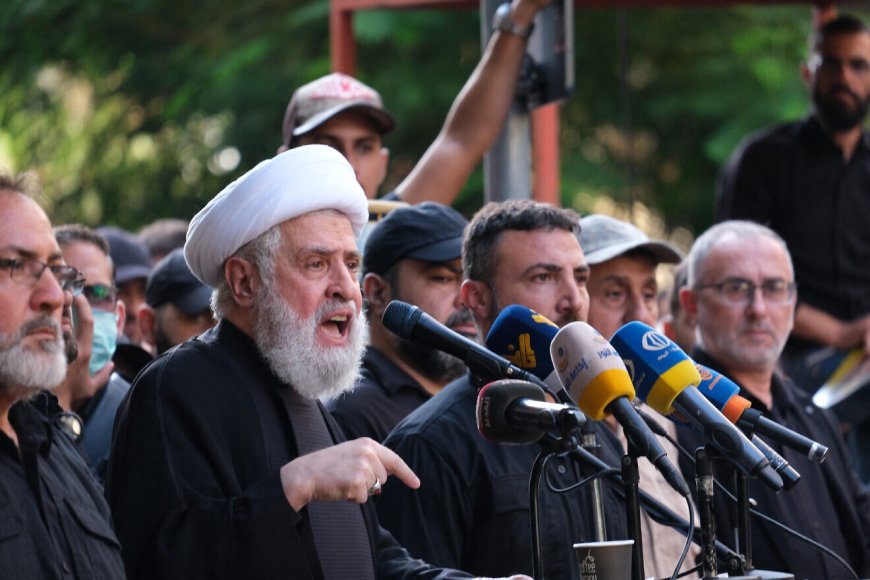
In a significant speech marking his first address as Hezbollah’s leader, Naim Qassem articulated a firm commitment to the military principles set forth by his late predecessor, Hassan Nasrallah. Qassem’s remarks come after the death of Nasrallah, who was reportedly killed in an Israeli operation. He reiterated that his leadership will build upon the “war plan” that has characterized Hezbollah's approach in the region, signaling a continuation of the group's militant agenda.
“My work program is a continuation of the work program of our leader, Sayyed Hassan Nasrallah,” Qassem declared. This statement not only underscores his allegiance to the legacy of Nasrallah but also serves to reassure Hezbollah's following of continuity amidst a backdrop of turmoil in Lebanese politics. Under Qassem's leadership, the organization seeks to maintain its strategic posture against Israeli threats, asserting that it is capable of conducting military operations for extended periods despite recent losses.
In addressing questions about Hezbollah’s autonomy, Qassem highlighted that the group is not merely an extension of foreign powers. He expressed that while Iran provides critical support, Hezbollah operates on its own terms. “Iran supports us but doesn’t want anything in return,” he noted, aiming to dispel notions of subservience and reinforce his organization's independence.
Qassem also hinted at a potential willingness to engage in ceasefire discussions with Israel, albeit under specific conditions. Despite the emphasis on dialogue, he maintained a strong stance on Hezbollah's military capabilities, warning that the group is poised to engage in prolonged conflicts if necessary. This duality in approach—offering negotiation while preparing for conflict—reflects the complicated political landscape in the Middle East.
Reflecting on recent events, Qassem acknowledged the challenges Hezbollah has faced, particularly with the loss of key leaders due to Israeli strikes. He conveyed confidence in the organization's ability to recover and adapt, stating, “We have started to recover by filling the gaps, appointing alternative leaders, and organizing everything.” This resilience is crucial for the group as it navigates an increasingly volatile environment marked by external pressures and internal dissent.
As Qassem steps into this pivotal role, the direction he sets will be closely watched, both by supporters and adversaries. His leadership could redefine Hezbollah’s operational priorities and its relations with regional allies, posing implications for the broader geopolitical climate in the Middle East. With his recent statements, Qassem seems prepared to uphold Hezbollah’s historical commitments while also adapting to the changing realities on the ground.
Ultimately, Naim Qassem’s commitment to Nasrallah’s vision and his insistence on Hezbollah's independence positions him as a significant player in the ongoing narrative of resistance against Israel and regional ambitions. His leadership will be pivotal in shaping Hezbollah’s future strategies and its response to the complex interplay of local and international politics.

